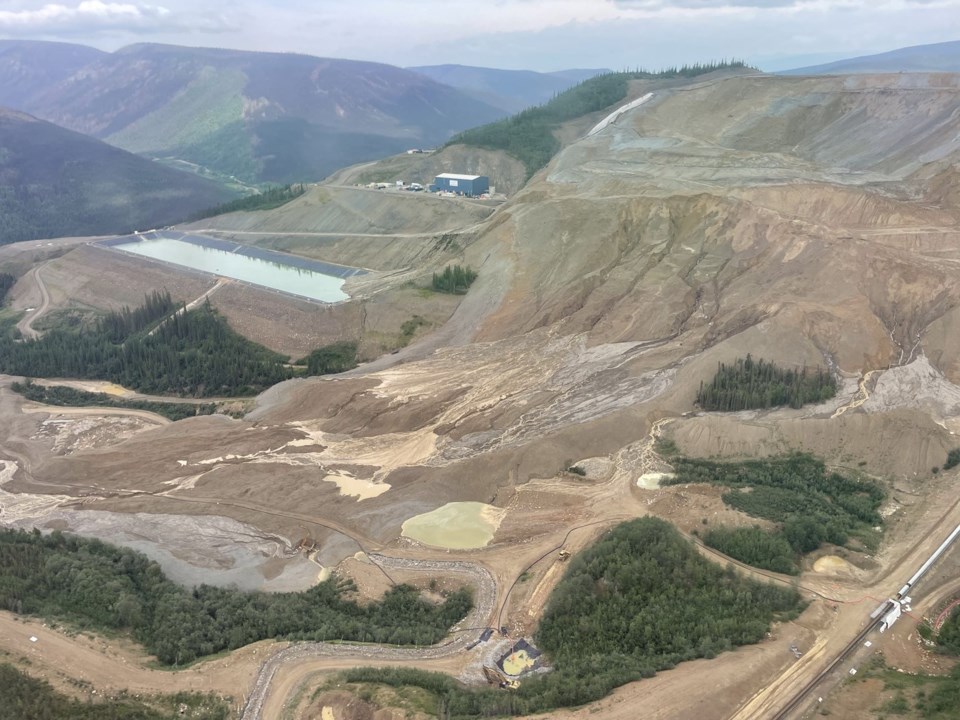WHITEHORSE, YUKON, CANADA ŌĆö Yukon mines minister John Streicker says that the Eagle Gold mine disaster that involved a release of cyanide solution has the territory's residents "justly concerned" about the implications on Yukoners' way of life "for generations to come."
Speaking at a technical briefing Thursday, Streicker said the Yukon Department of Energy, Mines and Resources has now directed Victoria Gold, the company that owns the mine, to stabilize the area where the slide happened and more closely monitor surface and groundwater near the site.
The directive also requires the company to come up with a "comprehensive water treatment plan," after the June 24 failure of a "heap leach embankment" that resulted in the spill.
Heap leaching uses a cyanide solution to percolate through crushed ore and extract gold.
A statement released Thursday by the Yukon government said the company has also been ordered to immediately increase the mining site's water storage capacity, as officials monitor water sample tests around the site of the spill.
Streicker told reporters Thursday that testing of samples from Haggart Creek, two kilometres downstream from the site, detected no cyanide, but officials say people should not consume water or fish from the creek even though risk to human health is "very low."
A "sample of concern" taken from the creek last week near the mine site, however, did show cyanide levels "above aquatic health guidelines," Streicker said Thursday.
Benton Foster, Yukon's director of community health programs, said the recommendation to avoid drinking water or eating fish from the creek is out of "an abundance of caution."
Streicker said the government has sought out "external expertise" as its investigation will seek to determine the "root causes" of the accident.
"Clearly the mine was not meant to fail like this," he said. "We don't have all the answers at this point."
Mines in Yukon are required to provide security deposits to the government, and Erin Dowd, the territory's mine licensing manager, said the funds had not been used at this point.
Streicker said the investigation will try to determine what caused the accident, but "what we need to do at first is to work to protect the environment and to ensure that we have safety on site."
"Some of those things will complicate our ability to to look at the root causes, so it will take time. Of course, we will look back at the history to understand what went on, but it is far too early for us to understand the situation yet," he said.
Victoria Gold did not respond to requests for comment, and issued its last public statement on July 4 saying the company had taken environmental mitigation measures within hours of the spill.
The statement said it's lenders under a US$200 million credit facility from 2020 had issued it a notice of default, and production at the mine remains suspended, adding that it will provide an update by the end of this week.
ŌĆö By Darryl Greer in Vancouver
This report by The Canadian Press was first published July 11, 2024
The Canadian Press



